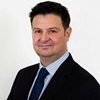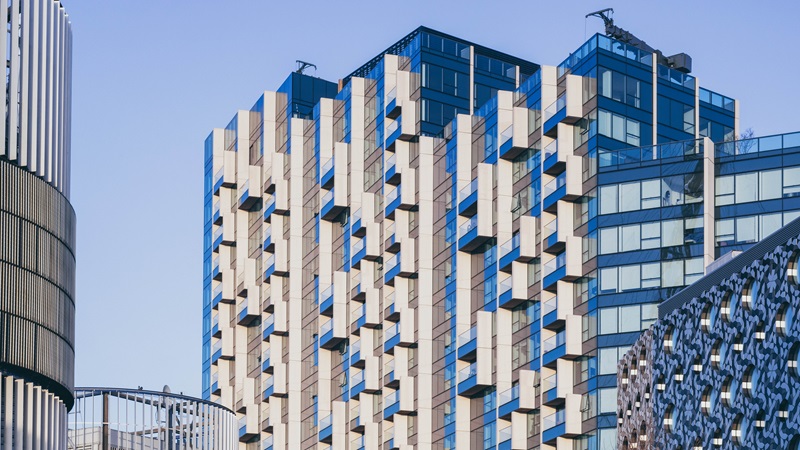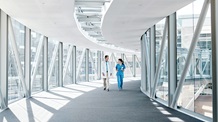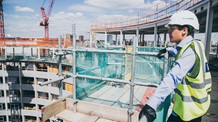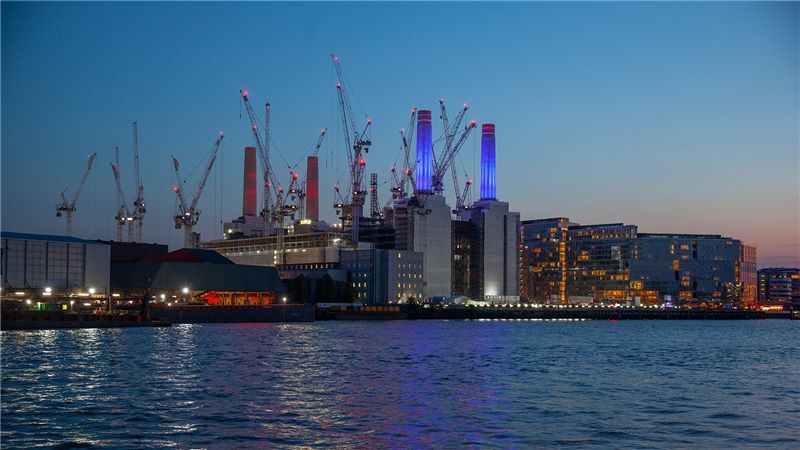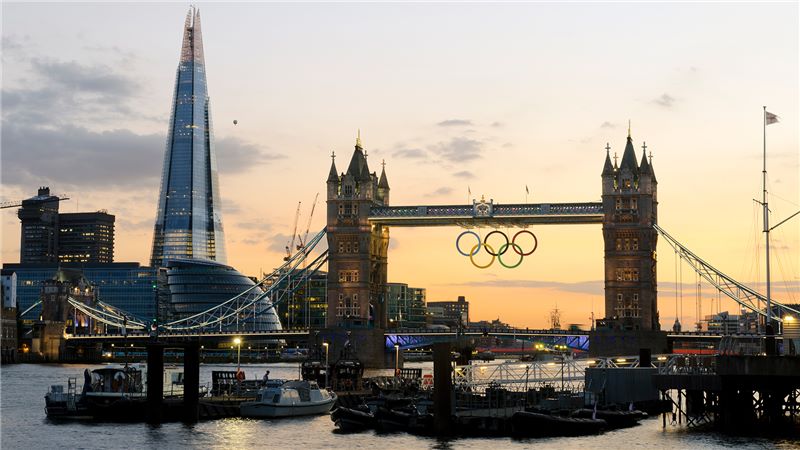Perspectives
Is there a secret to creating high performing teams?
Building better – raising quality and driving efficiencies – is what we all strive for, but to push the boundaries you need teams that don’t just know how to work together but are empowered to challenge the status quo.
Bob Coe, Project Director for Mace, talks about how the perfect project team, or ‘family’, was created to deliver 1,000 new high-quality homes as part of Knight Dragon’s regeneration scheme at Greenwich Peninsula:
CollaborationWhen a client has big ambitions to deliver something different, we have to build a project team that is aligned to that goal, and we do this through collaboration.
Communication and good teamwork are vital to achieving outcomes in any industry, and construction should be no different. Fragmented supply chains have historically led to poor communication between different teams during the building process. However, enforcing easy communication lines between members of the team and their management can overcome adversarial ways of working on a project.
To help foster genuinely collaborative attitudes across the team at Greenwich Peninsula, we gave everyone a common goal and vision for the project so that people were able to recognise everyone else’s contribution to the wider objectives. We established trust and an open environment to communicate between the client, ourselves, the consultants’ team and our supply chain.
We aimed to speak freely and directly and tried to use e-mail as a communication measure of last resort, not first!
Opportunity
If we take the time to learn about each individual’s capabilities and skills, we can direct them on project tasks where they add the most value and where they can be challenged to out-perform. By giving people opportunities to develop on the job, we connect the individual’s own journey with successful project progress. This personal ownership helps us galvanise a team around a common agenda to deliver the project on time, to budget and to the highest quality standard.
Using Myers Briggs work typology tests and structured team exercises we have helped every member of our team at Greenwich Peninsula to look inwards and understand themselves more fully. This helped them to recognise basic differences in perception and judgment in their team. If people differ in how they reach conclusions then they will differ correspondingly in their interests, reactions, values motivations and skills.
Mapping out project teams based on this information, along with the usual assessment of their technical skills and capabilities, tells us where each member will perform at their best. This translates directly into organisational efficiency and a ‘lean’ team.
Construction at Upper Riverside was divided in two phases and we offered junior team members the opportunity to build their experience in Phase 1 and move on to senior roles in Phase 2. This has helped us create a link between project goals and personal development, to the benefit of all.
Wellbeing and community engagement
Building a large-scale project requires a long-term commitment to the client’s mission. It is important to motivate staff and offer them a well-designed work environment that they want to spend time in. Elements of project office design should include break-out spaces, greenery and filtered air across meeting rooms, the targeted use of colour and texture, and an open plan space to foster communication. Well-designed spaces should give our staff a daily feeling of meaning and optimism and should support their mental health and wellbeing.
At Greenwich Peninsula we created an environment that encourages great work and reinforces the message that our people and their wellbeing are important to us. We also organised wellbeing weeks for our team, pool tournaments, a smoothie bar, and mental health presentations to our staff.
Making a social contribution to the area in Greenwich Peninsula was also part of motivating our team. We worked with a local school in Greenwich to build a community garden on the project office site. We also worked with charity Macmillan Cancer Support organising a series of events including a superhero day, a wear green day, a charity bake sale and a 5k run, to inspire and engage our project team.
Delivering complex programmes and projects relies on the project team’s performance at each step and milestone. High performing teams are formed by collaborative cultures, growth opportunities and a focus on the health and wellbeing of each team member. As we all search for more innovative construction methods and advanced technologies, we must remember that the most important piece of the ‘machine’ will always be the people and they will always be the key to building better places.
I want a better perspective on









